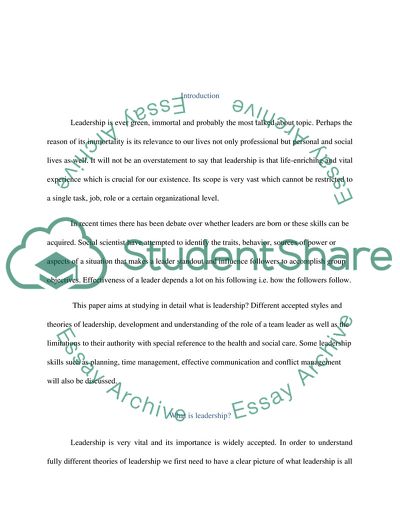Cite this document
(“Basic Leadership Skills in Health Care Environment Assignment - 1”, n.d.)
Retrieved from https://studentshare.org/health-sciences-medicine/1416102-basic-leadership-skills
Retrieved from https://studentshare.org/health-sciences-medicine/1416102-basic-leadership-skills
(Basic Leadership Skills in Health Care Environment Assignment - 1)
https://studentshare.org/health-sciences-medicine/1416102-basic-leadership-skills.
https://studentshare.org/health-sciences-medicine/1416102-basic-leadership-skills.
“Basic Leadership Skills in Health Care Environment Assignment - 1”, n.d. https://studentshare.org/health-sciences-medicine/1416102-basic-leadership-skills.


